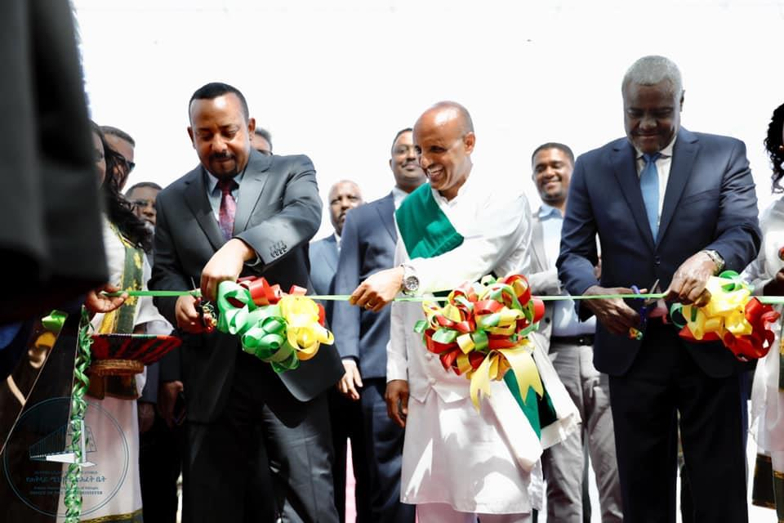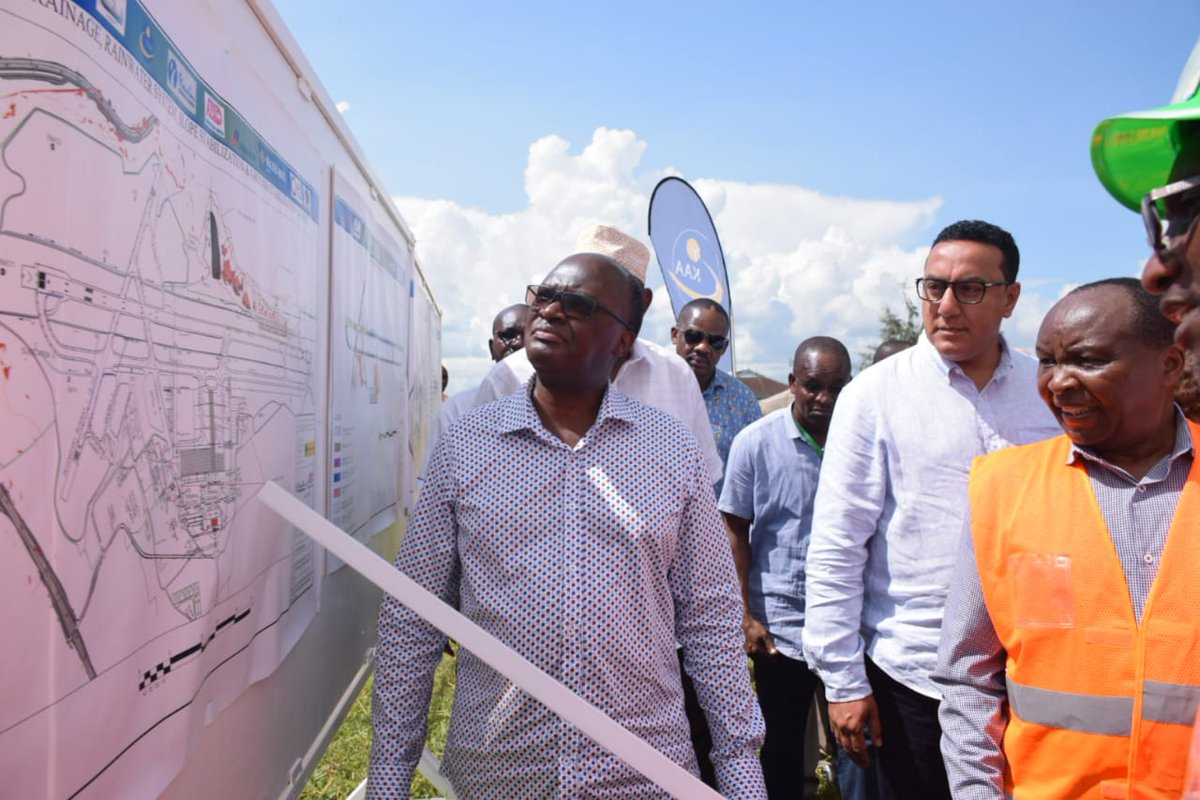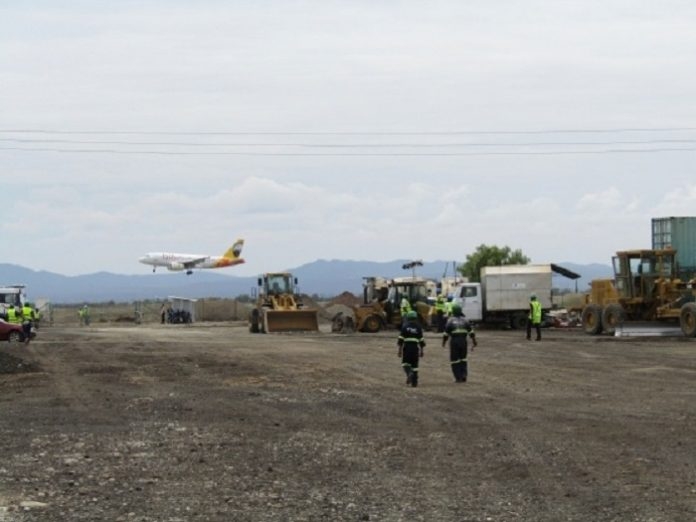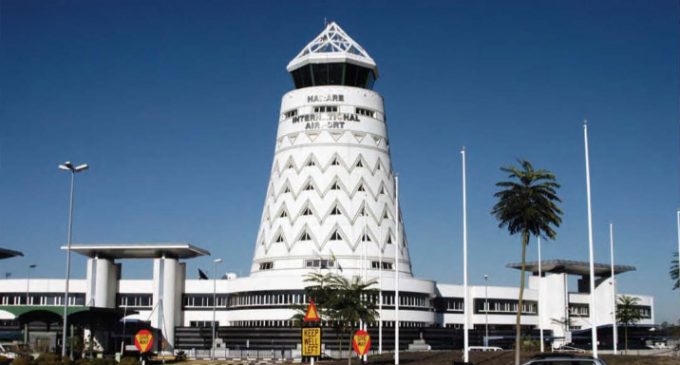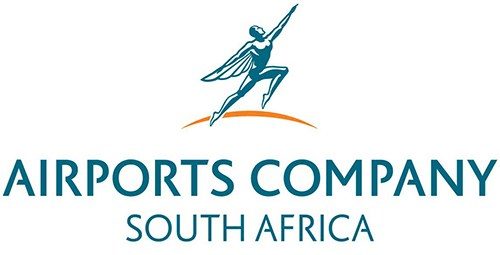
South African airport management company Airports Company of South Africa (ACSA) announced that upgrades and improvements over the next three to eight years at six of the country’s airports would cost about R26-billion.
The upgrades and improvements would primarily improve passenger facilities and expand its capacities, says ACSA COO Fundi Sithebe.
“The realignment of the runway at Cape Town International Airport and passenger-terminal expansion are expected to start this year at a cost of R3.8-billion. It will include the redevelopment of Terminal 2 at an expected cost of R2.4-billion and a new domestic arrivals terminal at an estimated cost of R700-million.”
At OR Tambo International Airport, several large-scale property developments are planned for the western precinct. This will become a large complex of mixed-use facilities, including hotels, retail and offices. Other upgrades include the construction of the remote apron stand costing about R500-million.
“We have also started the formal engineering scoping project for a new midfield air cargo and passenger terminal at OR Tambo International,” Sithebe adds. These projects will cost R3.7-billion collectively.
The expansion of the Bravo taxiway extension and apron stands at King Shaka International Airport will cost about R280-million and is planned to be completed by 2020. Other enhancements at the airport include the international terminal upgrade set to start in 2021.
Other developments at regional airports include the terminal expansion at George Airport at an estimated cost of R90-million and Bram Fischer Airport, in Bloemfontein, costing about R60-million. These developments are set to take place anywhere between 2020 and 2024 says Sithebe.
ACSA plans to spend another R9-billion on refurbishment and rehabilitation of infrastructure such as runways, taxiways, aprons, fuel tanks, passenger loading bridges and people movers.
A further R2.5-billion is allocated to efficiency and technology, such as smart security systems to improve passenger security screening facilitation and passenger self-service technologies, such as self-bag drop and self-boarding, as well as immigration egates to improve passenger experience and facilitation through the airport.
Meanwhile, the ACSA Business Development division actively seeks opportunities such as the Operational Readiness and Airport Transfer (ORAT) project for the new four-million passenger terminal and associated infrastructure at Kenneth Kaunda International Airport, in Lusaka, and for the new passenger terminal and associated infrastructure at Roberts International Airport, in Monrovia, in Liberia.
The company also successfully managed the construction of the new Terminal 3 building in Kotoka International Airport, Ghana, and implemented operational readiness and airport transfer after construction last year. Last year ACSA achieved Level 1 carbon accreditation for mapping and Level 4 accreditation for environmental management.
The initiatives focus on waste management, energy and water use, and aircraft noise reduction. Sithebe says solar plants at the airports serving George, Kimberley and Upington are performing well, with solar farm developments to start at Bram Fischer International Airport, in the Free State, and East London Airport as well as rooftop solution instalments for the rest of its airports.
Further, ACSA implemented the ‘silent airport’ approach at all its nine airports last year to reduce noise levels. No announcements are made over a public address system unless management on duty deems it necessary or it is an emergency.
Business sustainability can become a concern in the current pressing economic conditions. Sithebe explains that the airport industry is like an infrastructure business where investments are made with long-term horizons in mind and airport buildings and facilities are expected to endure for 25 years and longer.
The challenge, then, is to ensure that the infrastructure is in place that will be required as economic conditions change.

